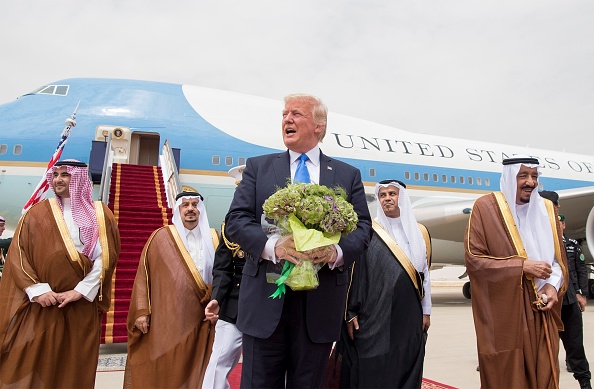The most powerful of these voices are naturally those that emanate from the White House. President Trump’s November 20th statement in support of the U.S.-Saudi alliance noted that Saudis "have been a great ally in our very important fight against Iran. The United States intends to remain a steadfast partner of Saudi Arabia to ensure the interests of our country and all other partners in the region. It is our paramount goal to fully eliminate the threat of terrorism throughout the world!” One week later, on November 27, Secretary of State Mike Pompeo elaborating on the spirit of these sentiments in a Wall Street Journal opinion piece titled, “The U.S.-Saudi Partnership Is Vital.” He noted the importance of Saudi efforts to “secure Iraq’s fragile democracy and keep Baghdad tethered to the West’s interests, not Tehran’s”; “manag[ing] the flood of refugees fleeing Syria’s civil war;” and “cooperating closely with Egypt.” But going further, Pompeo faulted critics of the U.S.-Saudi alliance for hypocrisy: “Is it any coincidence that the people using the Khashoggi murder as a cudgel against President Trump’s Saudi Arabia policy are the same people who supported Barack Obama’s rapprochement with Iran — a regime that has killed thousands world-wide, including hundreds of Americans, and brutalizes its own people?”
Two days later, veteran Mideast peace envoy Dennis Ross, who has served senior foreign policy roles in Democratic as well as Republican administrations, published an op-ed in the Washington Post calling on Americans to transcend partisan politics in formulating a smart policy toward Saudi Arabia. On the other hand he signaled the importance of maintaining the anti-Iran alliance of which Saudi Arabia is a crucial component.

A more staunch defense of the Saudi-American alliance appeared in the New York Times in an article by the Hudson Institute’s Michael Doran, formerly a senior director in the National Security Council under President George W. Bush; and Tony Badran, senior fellow at the Foundation for the Defense of Democracies. They concluded that Trump’s critics, in counseling aggressive punitive measures against the Kingdom, are “long on abstract morality but lacking in strategic wisdom.”
These and a variety of other statements in favor of the alliance include elements that may be discomfiting to those who would expect to see full-throated support for Saudi Arabia. But they are also indicative of the fact that, even in this trying period for U.S.-Saudi relations, independent voices in a democratic society are standing up for continuity and partnership.









